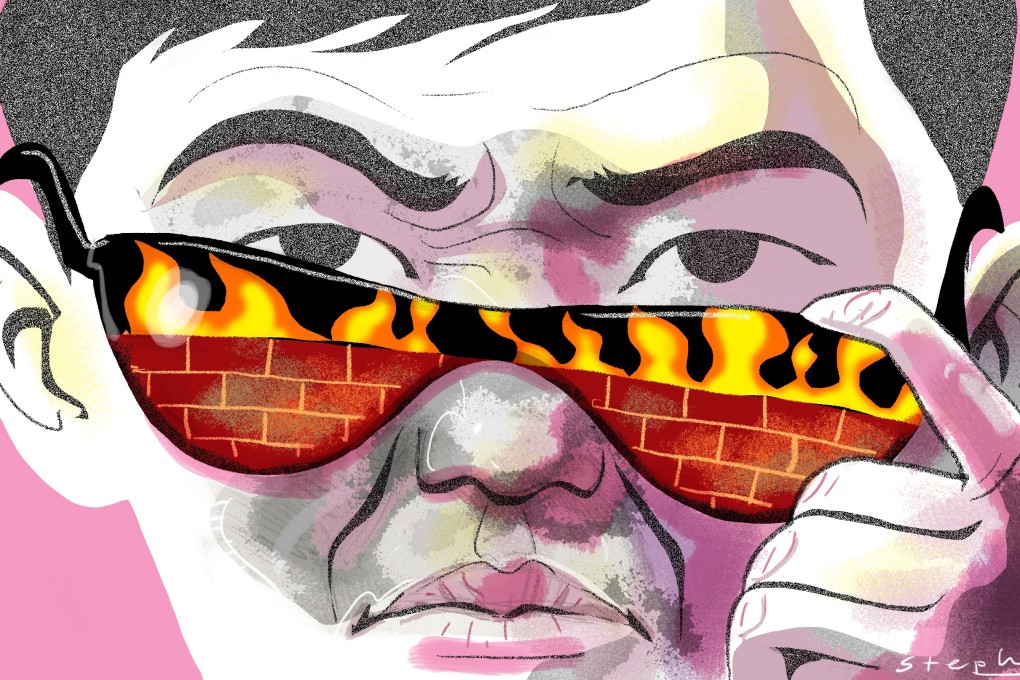Advertisement
Opinion | Mainland Chinese who oppose Hong Kong’s protests aren’t brainwashed by censorship, despite what the West might think
- Many in the West and Hong Kong mistakenly believe that mainland Chinese are unthinking and uncritical. On the contrary, one consequence of life behind China’s Great Firewall is a hypersensitivity to the veracity of information
Reading Time:4 minutes
Why you can trust SCMP
0

“You have been brainwashed since young.” This is the most frequently heard accusation against someone born and raised in mainland China. Of late, especially, it is targeted at those who oppose the protests in Hong Kong that had been triggered by a now-withdrawn extradition bill.
People in Hong Kong, Taiwan, the United States and elsewhere who support the months-long anti-government protests are outraged that many mainland Chinese took issue with the protests.
They believe China’s “Great Firewall” – its system of online censorship – effectively filters every piece of information deemed detrimental to the ruling regime, thus depriving mainland Chinese of any ability to form a “correct” judgment about the so-called pro-democracy protests (which, incidentally, many mainland Chinese now see as a nativist movement driven by a group of radicalised youth with extremist views and a willingness to use violent means to achieve their aims).
Because of this Great Firewall, mainland Chinese are perceived as victims of an absolute information blockade who have no choice but to passively accept the government’s propaganda.
Thus, those who stand with the Chinese government in a boycott of the NBA, following Houston Rockets general manager Daryl Morey’s controversial tweet, must have been brainwashed and manipulated by the Communist government; they are no better than cyber bots and cannot be autonomous agents.
But such perceptions are a far cry from reality. Many mainland Chinese strongly object to such a stereotype, for good reason.
Advertisement